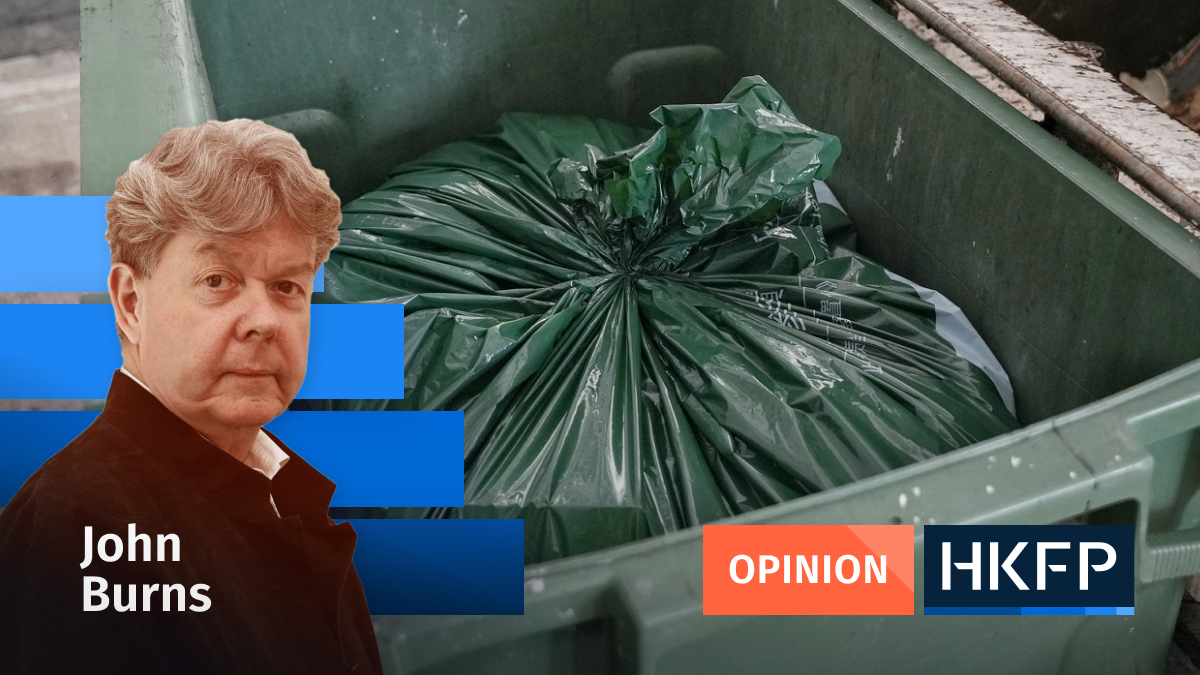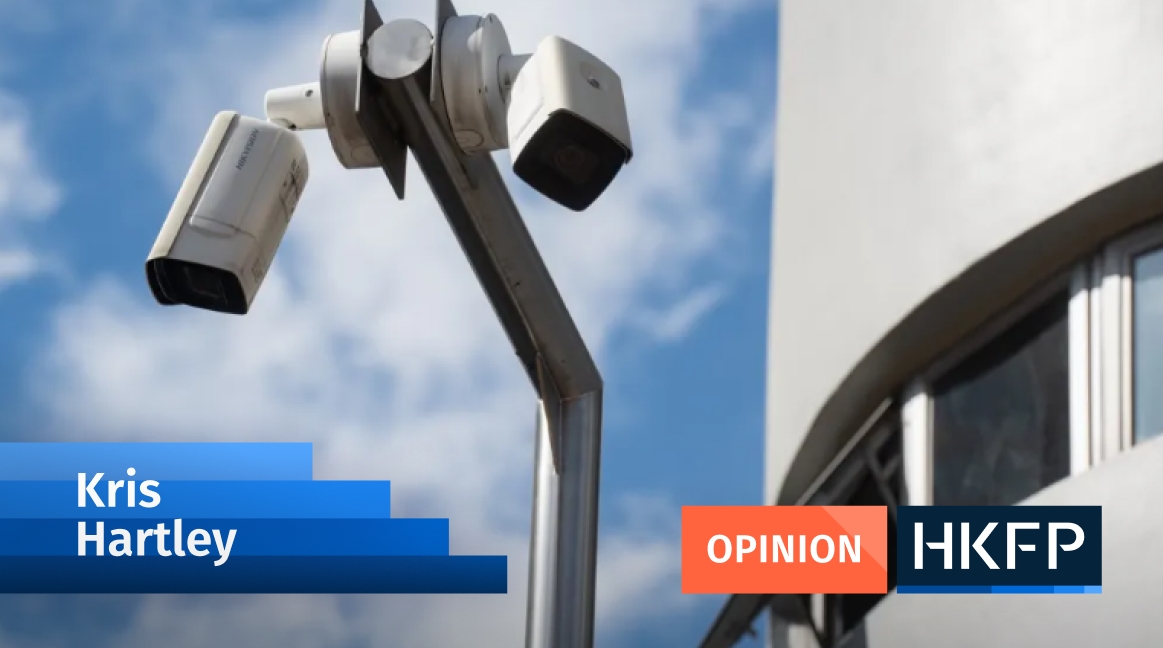Those who had hoped through months of massive anti-government protests to persuade tone-deaf Hong Kong officials to listen to the voice of the people need not despair entirely.
As it turns out, some people – indeed, tens of thousands of them – were watching and listening. They just happen to live 1,600 kilometres away in Thailand, where demonstrations against the strongman regime of Prime Minister Prayuth Chan-ocha, a former general who took power in a 2014 military coup, are increasingly gathering steam in the capital Bangkok.

Hongkongers following the Thai protests are being treated to a very familiar sight: a leaderless movement of mostly young people toting umbrellas and donning hard hats, goggles and masks whose “be water” strategy and use of encrypted social messaging platforms make it impossible for slow-footed authorities to keep up with them.
The Hong Kong protesters adopted a five-fingered salute symbolising their five demands: withdrawal of the government’s ill-conceived extradition bill, an independent inquiry into police brutality, retraction of the police commissioner’s characterisation of the protesters as “rioters,” amnesty for those arrested and fully democratic elections for the chief executive and the Legislative Council.
In Thailand, only three fingers are necessary, the same three used in The Hunger Games novel and films series to show unity among young “tributes” and opposition to a dystopian government.
The gesture also harks back to the verbal trifecta of the French Revolution: liberty, equality and fraternity. And, to the horror of many older, more conservative Thais, there is – as in the world-shaking 1789 uprising in France – a distinctly anti-royalist cast to the youthful cries for change in a country whose constitution demands the highest form of reverence for the monarchy – effectively placing the king and his family beyond reproach.

In a stunning and perhaps transformational moment earlier this month, a motorcade carrying Queen Suthida and King Maha Vajiralongkorn’s 15-year-old son was obstructed outside Bangkok’s Government House by jeering protesters flashing three fingers. They demanded, in addition to the ousting of the reviled prime minister, reform of the dissolute and out-of-touch monarchy – a display of disrespect simply unthinkable under King Vajiralongkorn’s father Bhumibol Adulyadej, who died in 2016.
Comparisons between father and son have not been flattering to the latter. Widely venerated as a dignified figure of unity during his 70-year reign, King Bhumibol was also an accomplished painter, author, photographer and musician who played with American jazz giants such as Lionel Hampton and Benny Carter and had nearly 50 compositions of his own.
King Vajiralongkorn, his only son, has lived much of his adult life as a playboy in exile, divorcing three previous wives before marrying the current queen. In 2019, for the first time in nearly a century, he resurrected the anachronistic practice of formally taking a “Royal Noble Consort” – to wit, a concubine.
With an estimated wealth of between US$30-$45 billion, the 68-year-old Thai king is the richest royal on the planet and he has not been shy about flaunting that wealth. According to a Times of London report, until recently King Vajiralongkorn, accompanied by an entourage of 20 women, had been “self-isolating” during the Covid-19 pandemic in a luxury hotel in Germany’s Bavarian Alps.
Germany is where the king has chosen to spend much of his time and where his bizarre behaviour is a perennial source of gossip. Thanks to social media, some of this tittle-tattle makes its way back to Thailand, where a lèse majesté law mandates a prison sentence of three to 15 years for anyone who defames, insults or threatens the king.
Four years ago any Thai citizen with a Facebook account could have seen photos of their king – wearing a crop top and jeans and showing off his fake tattoos – wandering around a mall in Munich with his bare-midriffed consort, former nurse Sineenat Wongvajirapakdi.
In 2014, as Prayuth was cementing the coup that brought his hated junta to power, an even more scandalous video would surface. This one, shot at the Grand Palace in Bangkok, featured then-Princess Srirasmi, topless and wearing a G-string, singing Happy Birthday with her husband to their poodle, Foo Foo, then feeding Foo Foo birthday cake while lying languidly at the feet of Vajiralongkorn, who was crown prince at the time.
Understandably, questions arose about the decadent prince’s judgment and fitness to rule, but the threat of punishment under lèse majesté law kept them largely unspoken in his own country.
Today Thai protesters are not just voicing those questions; they are shouting them in the streets of Bangkok as the royal motorcade passes. If the now suppressed Hong Kong protests and the so-called Milk Tea Alliance of anti-authoritarian netizens in Hong Kong, Taiwan, and Thailand have helped to inspire and embolden this younger generation of Thais to raise their own outcry for greater democracy and reform of the monarchy that’s something to feel good about here in Hong Kong.
Support HKFP | Policies & Ethics | Error/typo? | Contact Us | Newsletter | Transparency & Annual Report | Apps
| HKFP is an impartial platform & does not necessarily share the views of opinion writers or advertisers. HKFP presents a diversity of views & regularly invites figures across the political spectrum to write for us. Press freedom is guaranteed under the Basic Law, security law, Bill of Rights and Chinese constitution. Opinion pieces aim to point out errors or defects in the government, law or policies, or aim to suggest ideas or alterations via legal means without an intention of hatred, discontent or hostility against the authorities or other communities. |
Help safeguard press freedom & keep HKFP free for all readers by supporting our team

More HKFP OPINION:
HKFP has an impartial stance, transparent funding, and balanced coverage guided by an Ethics Code and Corrections Policy.
Support press freedom & help us surpass 1,000 monthly Patrons: 100% independent, governed by an ethics code & not-for-profit.










